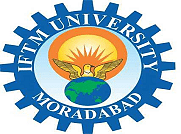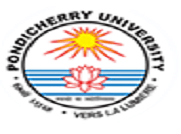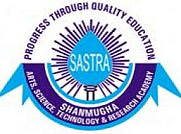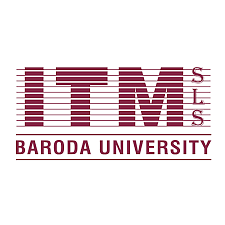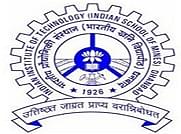Introduction to Ph.D. in Molecular Biology
A Ph.D. in Molecular Biology at top college is an advanced academic program focused on
the study of biological processes at the molecular level. It combines
principles from biology, chemistry, genetics, and bioinformatics to understand
the structure, function, and regulation of biomolecules such as DNA, RNA,
proteins, and lipids. This interdisciplinary field plays a crucial role in
advancing our understanding of fundamental biological processes, as well as in
applications ranging from medicine and biotechnology to agriculture and
environmental science.
What is admission process for Ph.D. in Molecular
Biology?
The admission process for Ph.D. in Molecular Biology typically
involves several steps designed to assess the candidate's academic background,
research potential, and overall suitability for the program. Here's a general
overview of the admission process at best 5 colleges in India :
Research
and Identify Programs
Review
Eligibility Requirements:
Prepare
Application Materials:
Submit
Online Application
Application
Fee:
Standardized
Tests
Interview
(if applicable):
Review
Process:
Admission
Decision:
What is eligibility criteria for Ph.D. in Molecular
Biology?
The eligibility criteria for Ph.D. in Molecular Biology can vary
slightly depending on the specific program and institution offering the degree.
However, typical eligibility criteria for top university in India may
include :
Educational
Qualifications: Candidates should have a relevant master's degree or equivalent in
molecular biology, biochemistry, genetics, biotechnology, cell biology, or a
related field.
Academic
Performance: Applicants are generally expected to have a strong academic record,
typically with a minimum GPA requirement, often ranging from 3.0 to 3.5 on a
4.0 scale.
Standardized
Test Scores: Some programs may require applicants to submit scores from
standardized tests such as the Graduate Record Examination (GRE), although this
requirement is becoming less common
Research
Experience: Strong research experience, demonstrated through previous research
projects, internships, publications, or presentations, is often highly valued.
Letters
of Recommendation: Most programs require letters of recommendation
from academic or professional references who can attest to the applicant's
research abilities, academic performance, and potential for success in a Ph.D.
program.
Statement
of Purpose:
What is syllabus for Ph.D. in Molecular Biology?
The syllabus for Ph.D. in Molecular Biology at best 10 universities in India can vary depending on the specific program and institution
offering the degree. However, here is a general overview of the topics and
areas of study commonly included in the syllabus:
Core Courses:
Advanced
Molecular Genetics:
Biochemistry
and Cell Biology:
Genomics
and Bioinformatics:
Protein
Structure and Function:
Protein folding, structure determination techniques, and protein-protein
interactions.
Post-translational modifications, enzyme kinetics, and enzymatic
mechanisms.
Protein engineering and design for therapeutic and biotechnological
applications.
Advanced
Molecular Techniques:
Advanced molecular biology techniques such as next-generation sequencing
(NGS), ChIP-seq, and RNA-seq.
Proteomics techniques including mass spectrometry, 2D gel
electrophoresis, and protein microarrays.
Structural biology techniques such as X-ray crystallography, NMR
spectroscopy, and cryo-electron microscopy.
Elective Courses
(Examples):
Cancer
Biology and Therapeutics:
Molecular mechanisms of cancer development, progression, and metastasis.
Cancer genomics, biomarkers, and targeted therapies.
Tumor microenvironment, immunotherapy, and personalized cancer medicine.
Microbial
Molecular Biology:
Molecular genetics of bacteria, archaea, viruses, and fungi.
Host-pathogen interactions, virulence factors, and antibiotic resistance
mechanisms.
Microbiome analysis and applications in biotechnology and medicine.
Developmental
and Stem Cell Biology:
Molecular mechanisms of embryonic development, patterning, and
organogenesis.
Stem cell biology, differentiation, and reprogramming.
Regenerative medicine and tissue engineering approaches.
Neurobiology
and Neurogenetics:
Molecular basis of neuronal development, synaptic transmission, and
neurodegenerative diseases.
Genetics of neurological disorders, neuroimaging techniques, and brain
mapping.
Molecular mechanisms underlying learning, memory, and behavior.
Research Seminars
and Workshops:
Regular seminars on current topics and recent advancements in molecular
biology research.
Workshops on research methodologies, data analysis techniques, and
scientific communication.
Dissertation
Research:
Independent research project under the guidance of a faculty advisor.
Development of a research proposal, data collection, analysis, and
interpretation.
Dissertation writing and defence.
This course from top 10 universities in India provides various
facilities .







